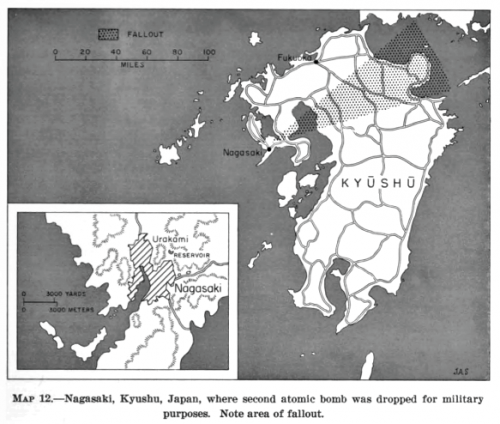This month marks the 81st anniversary of the Battle of Britain. It was the first major battle that was fought entirely in the air, and it pioneered the use of radar as a force multiplier. The history of this battle is very interesting from the military and technology standpoints–but those things are not the focus of this post.
With the fall of France (June 22, 1940), many people believed that further resistance by Britain was hopeless. The French writer Georges Bernanos, living in exile in Brazil, wrote (in December of that year) about how many establishment figures had been willing to despair…and how epic a story Britain’s survival in fact was:
No one knows better than I do that, in the course of centuries, all the great stories of the world end by becoming children’s tales. But this particular one (the story of England’s resistanceed) has started its life as such, has become a children’s tale on the very threshold of its existence. It mean that we can at once recognize in it the threefold visible sign of its nature. it has deceived the anticipations of the wise, it has humiliated the weak-hearted, it has staggered the fools. Last June all these folk from one end of the world to the other, no matter what the color of their skins, were shaking their heads. Never had they been so old, never had they been so proud of being old. All the figures that they had swallowed in the course of their miserable lives as a safeguard against the highly improbable activity of their emotions had choked the channels of circulation..They were ready to prove that with the Armistice of Rethondes the continuance of the war had become a mathematical impossibility…Some chuckled with satisfaction at the thought, but they were not the most dangerous…Others threatened us with the infection of pity…”Alone against the world,” they said. “Why, what is that but a tale for children?” And that is precisely what it wasa tale for children. Hurrah for the children of England!
Men of England, at this very moment you are writing what public speakers like to describe in their jargon as one of the “greatest pages of history”….At this moment you English are writing one of the greatest pages of history, but I am quite sure that when you started, you meant it as a fairy tale for children. “Once upon a time there was a little island, and in that island there was a people in arms against the world…” Faced with such an opening as that, what old cunning fox of politics or business would not have shrugged his shoulders and closed the book?
But only a two years earlier, Britain had signed the Munich agreement. General Edward Spears, along with many others was overcome by despair:
Like most people, I have had my private sorrows, but there is no loss that can compare with the agony of losing one’s country, and that is what some of us felt when England accepted Munich. All we believed in seemed to have lost substance.
The life of each of us has roots without which it must wither; these derive sustenance from the soil of our native land, its thoughts, its way of life, its magnificent history; the lineage of the British race is our inspiration. The past tells us what the future should be. When we threw the Czechs to the Nazi wolves, it seemed to me as if the beacon lit centuries ago, and ever since lighting our way, had suddenly gone out, and I could not see ahead.
Yet it was only two years after Munich that Britain demonstrated its magnificent resistance to Nazi conquest.
The Battle of Britain has been, fairly, called a battle that saved civilization. But the saving of civilization is not a one-time thing, and there are today very serious threats to individual liberty and the rule of law..really, to civilization itself…in Britain as well as in the US. There are many dark clouds overhead and on the horizon. But the Battle of Britain should inspire us with the thought that battles that seem to be hopeless may, in fact, be winnable through sufficient determination and skill.

